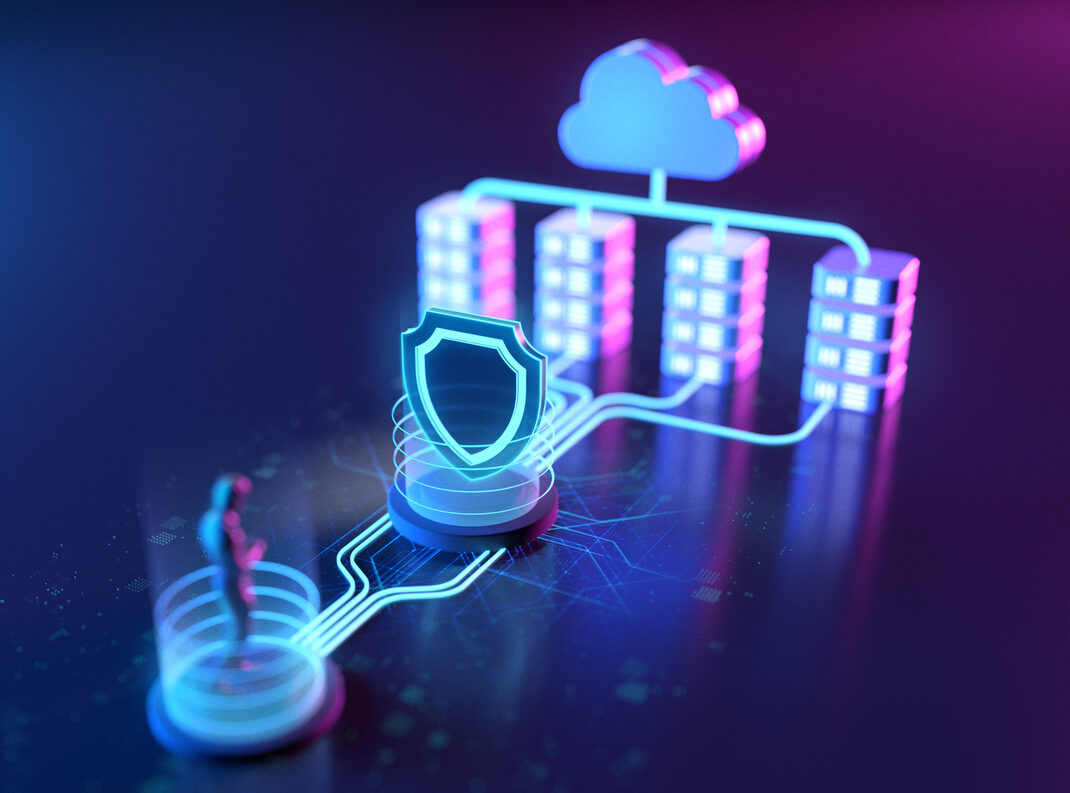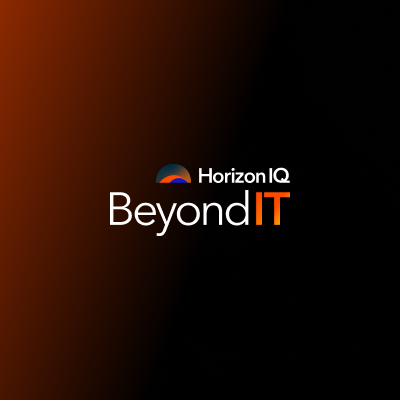
HIPAA compliant practices are in place to protect the privacy and security of protected health information (PHI). With the rise in popularity of cloud infrastructure solutions, more health providers are moving their IT infrastructure off premise. But before a move can happen, providers must ensure their practices, the cloud provider and the solution itself follows HIPAA’s rules and guidelines. Here, we’ll explore whether private clouds meet these guidelines.
So, are hosted private clouds a HIPAA compliant option? The short answer is, “Yes!” But that doesn’t mean all private cloud environments are ready out of the gate. For more nuance, let’s first discuss some HIPAA basics.
HIPAA Privacy and Security Rules
Where does third-party IT infrastructure and HIPAA compliance intersect?
There are numerous rules around HIPAA, including privacy, security and breach notifications that establish protections around PHI that covered entities (healthcare providers, insurance providers, etc.) and business associates (those performing functions or activities for, or providing services to a covered entity involving PHI) must follow. Cloud service providers are considered business associates.
PHI includes any identifiable information about a patient, such as last name, first name and date of birth. And today’s electronic health record (EHR) systems store much more identifiable information, such as social security numbers, addresses and phone numbers, insurance cards and driver licenses, which can be used to identify a person or build a more complete patient profile.
The HIPAA Privacy Rule relates to the covered entities and business associates and defines and limits when a person’s PHI may be used or disclosed.
The HIPAA Security Rule establishes the security standards for protecting PHI stored or transferred in electronic form. This rule, in conjunction with the Privacy Rule, is critical to keep in mind as consumers research cloud providers, as covered entities must have technical and non-technical safeguards to secure PHI.
According to U.S. Department of Health & Human Services, the general rules around security are:
- Ensure the confidentiality, integrity and availability of all e-PHI they create, receive, maintain or transmit;
- Identify and protect against reasonably anticipated threats to the security or integrity of the information;
- Protect against reasonably anticipated, impermissible uses or disclosures; and
- Ensure compliance by their workforce.
Compliance is a shared effort between the covered entity and the business associate. With that in mind, how do cloud providers address these rules?
HIPAA: Private vs. Public Cloud
A cloud can be most simply defined as remote servers providing compute and storage resources, which are available through the internet or other communication channels. Cloud resources can be consumed and billed per minute or hour or by flat monthly fees. The main difference between private and public clouds is that private cloud compute resources are fully dedicated to one client (single-tenant) while public cloud resources are shared between two or more clients (multi-tenant). Storage resources can also be single or multi-tenant in private clouds while still complying with HIPAA policies.
HIPAA compliancy can be achieved in both private and public clouds by effectively securing, monitoring and tracking access to patient data. Private clouds, however, allow more granular control and visibility into the underlying layers of the infrastructure such as servers, switches, firewalls and storage. This extra visibility into a private cloud, combined with the assurance the environment is physically isolated , is very helpful when auditing your cloud environment against HIPAA requirements.
Customers and vendors will normally have control and responsibility for PHI protection clearly divided between the parties. For example, a cloud provider may draw the line of responsibility at the physical, hypervisor or operating system layer, while the customer’s responsibility would start from the application layer.
Other Benefits of Private Clouds for HIPAA Compliance
As noted, HIPAA has many provisions, but keeping PHI secured from breaches and unauthorized access is the main objective. PHI is worth major money on the black market. While credit card information is sold for about $5 to $10 per record, PHI is being sold at $300+ per single record.
Private cloud providers ensure that a customer’s environment is protected from unauthorized access at breach points controlled by the cloud provider. Breach points could be described as physical access to building/data center, external threats and attacks over the internet against the core infrastructure, internal threats by malicious actors, viruses, spyware and ransomware. Private cloud providers also make sure that the data is protected from accidental edits, deletions or corruption via backup and DRaaS services. These same breach points apply to on-premise (customer-owned) infrastructure, too.
A HIPAA compliant private cloud environment will make sure that their security, technology, tools, training, policies and procedures which relate to protection of PHI are used and followed every step of the way throughout this business association with the customer.
What a HIPAA Compliant Cloud Supports
Let’s take a closer look at what a HIPAA compliant private cloud needs to have in place and support.
- BAA: A provider of a HIPAA compliant private cloud will start their relationship with a signed Business Associate Agreement (BAA). The BAA agreement is required between customer and vendor if the customer is planning to have PHI stored or accessed in the private cloud. If a prospective provider hesitates to sign any type of BAA, it’s probably good idea to walk away.
- Training: Annual HIPAA training must be provided to every staff member of the private cloud vendor.
- Physical Security: A Tier III data center with SSAE certifications will provide the physical security and uptime guarantees for your private cloud’s basic needs such as power and cooling.
- External Threats and Attacks: Your private cloud will need to be secured with industry best practice security measures to defend against viruses, spyware, ransomware and hacking attacks. The measures include firewalls, intrusion detection with log management, monitoring, anti-virus software, patch management, frequent backups with off-site storage, disaster recovery with testing.
- Internal Threats: A private cloud for PHI needs to be able to be secured against internal attacks by malicious actors. Cloud vendors are required to have policies and procedures to perform background checks and regular audit staff member security profiles to make sure proper level of access is provided based on access requirements and thorough on-boarding and termination processes.
- Data Protection and Security: A private cloud must be able to protect your data from theft, deletions/corruptions (malicious or accidental). Physical theft of data is not common in secured datacenters, however, encrypting your data at rest should be a standard in today’s solutions. In order to protect private clouds from disasters, a well-executed backup and disaster recovery plan is required. Backups and DR plans must be tested regularly to make sure they will work when needed. I recommend twice a year testing for DR and once a week testing for backup restores.
Private cloud customers also have a responsibility to continue protection of PHI from the point where they take over management duties. This line of responsibility is often drawn at the application level. Customers must ensure that any application that stores and manages PHI has gone through all the necessary audits and certifications.
Closing Thoughts
Well-defined policies and procedures, best practice uses of tools and technologies, proper security footprint and regular auditing and testing yields a HIPAA compliant private cloud. Doing the work on the front end to vet a strong partner for your private cloud or putting in the time to review processes with your current provider will go a long way in meeting HIPAA compliance requirements.



